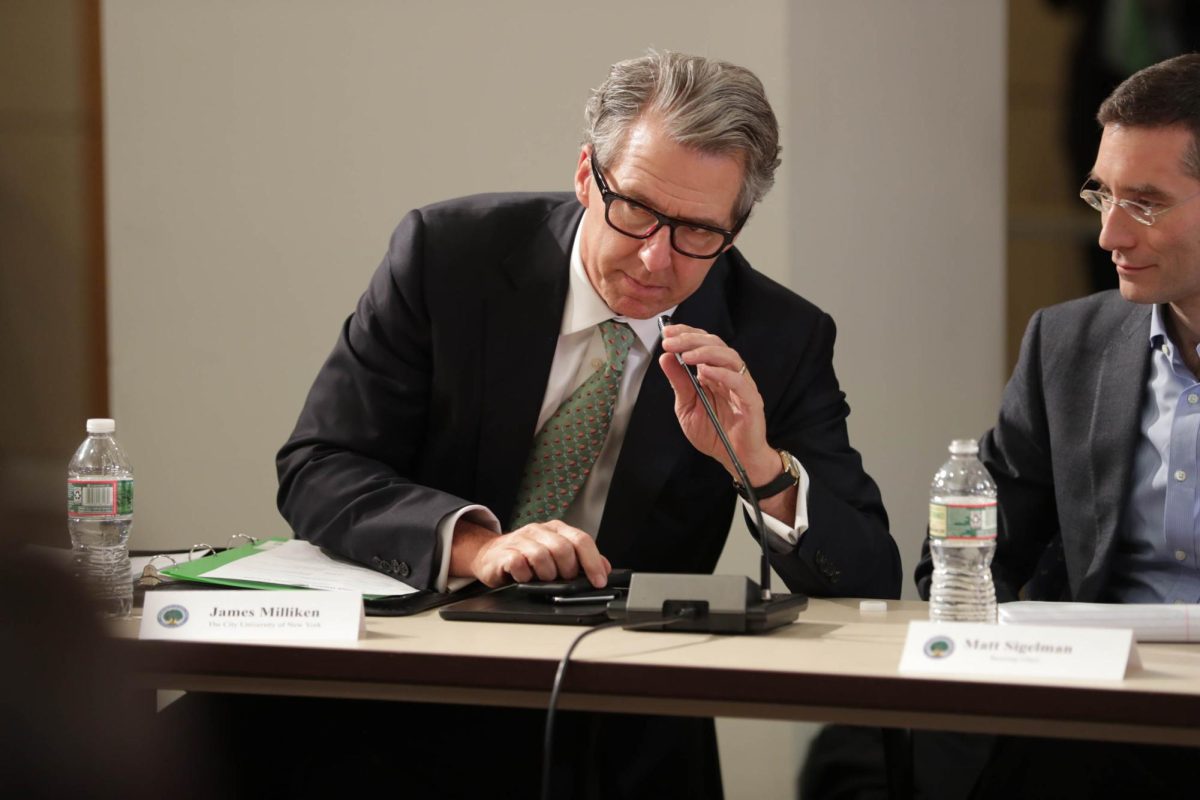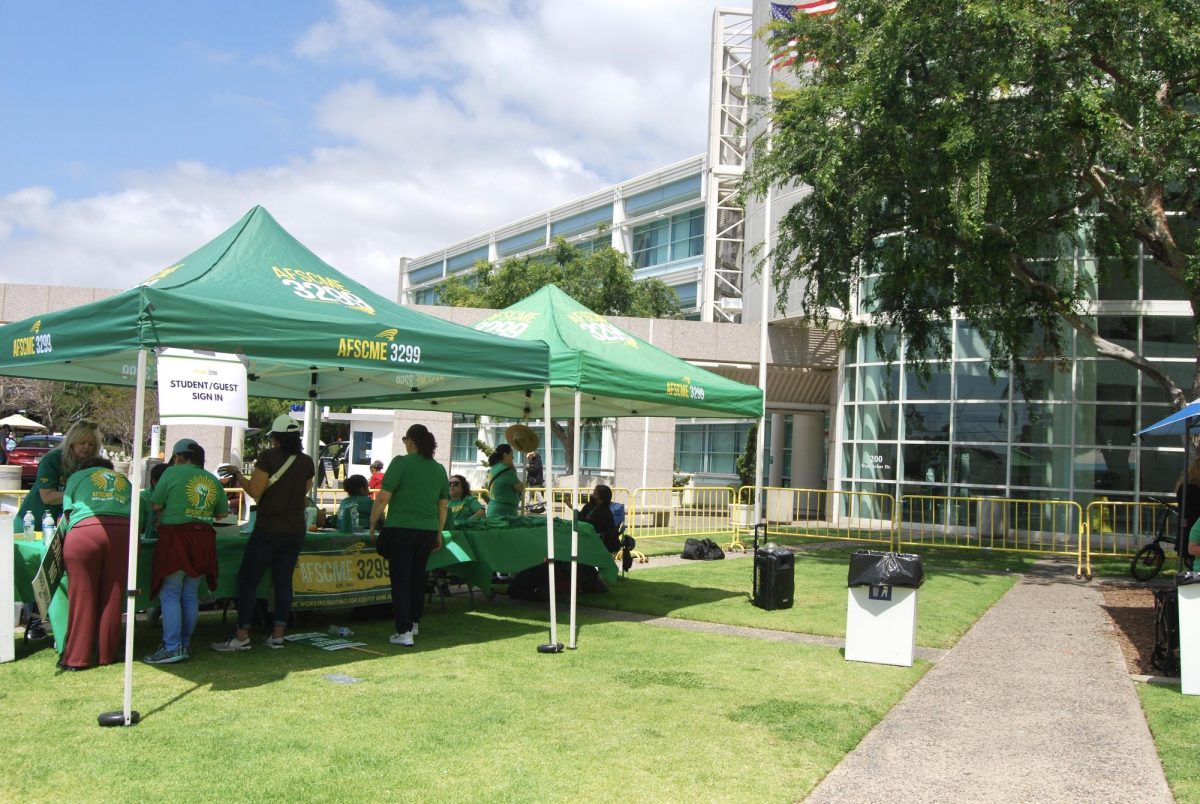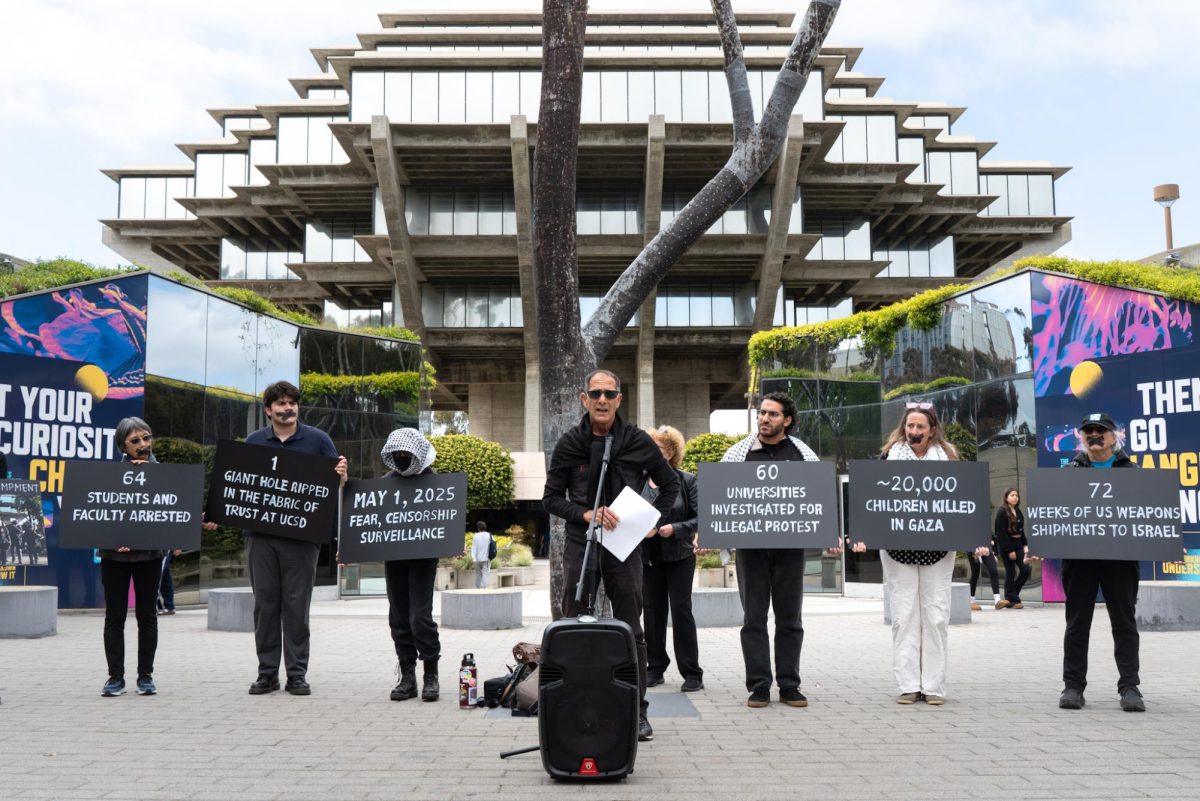Gov. Jerry Brown signed the “New Motor Voter Act” into law on Oct. 10. The bill aims to improve the state’s voter turnout rate, which was 42 percent last November, by automatically registering people to vote once they acquire or renew their driver’s licenses.
California is the second state, after Oregon, to pass legislation that will enable automatic voter registration. Other states like Texas and Alabama have instead passed legislation, such as ID laws and the removal of registration stations, that have increased barriers for voter registration. The Brennan Center for Justice reports that since the 2015 legislative season began, 33 states have passed 113 bills restricting access to voter registration.
Assemblywoman Lorena Gonzalez (D-San Diego), one of the bill’s authors, praised it and explained how it will make the voting registration process easier for Americans.
“It’s removing the first barrier to voting, which is registration,” Gonzalez said on Saturday in a press release. “It’s going to lead to millions more Californians being registered to vote, which means more people we can talk to.”
Emily Rusch, the executive director of the advocacy group California Public Interest Research Group, believes that the new bill will fix many of the problems in the voter registration process.
“A well-functioning democracy depends on the participation of its citizens,” Rusch told the Los Angeles Times. “But right now we see that far too many Californians aren’t even registered to vote, so they’re not even getting information about the election.”
Secretary of State Alex Padilla, the bill’s sponsor, explained how this bill signifies California’s commitment to make the voter registration process more accessible to Americans.
“The New Motor Voter Act will make voter registration a seamless process and result in the largest sustained voter registration drive in our nation’s history,” Padilla stated in a press release. “It is not lost on me that many states are restricting voting rights with the clear goal of preventing citizens from voting. I am proud that California is again demonstrating leadership and providing a shining example of how our nation can and should expand access to the polls.”
Under the current system, eligible voters must specifically state that they are interested in registering to vote when obtaining a driver’s license, and fill out a separate form. Approximately 6.6 million Californians are eligible to vote but are not registered.
Hans von Spakovsky, a legal fellow at the Heritage Foundation, on the other hand, argued that automatic voter registration infringes on the freedom of citizens.
“Automatically registering individuals to vote without their permission would also violate their basic right to choose whether they wish to participate in the U.S. political process,” Spakovsky said. “Indeed, this new scheme threatens one of America’s most cherished liberties: the freedom to be left alone by the government.”
Padilla, however, argues that this bill will essentially provide voters with a right that they should already have.
“Citizens should not be required to opt into their fundamental right to vote,” Padilla stated. “We do not have to opt in to other rights, such as free speech or due process.”







